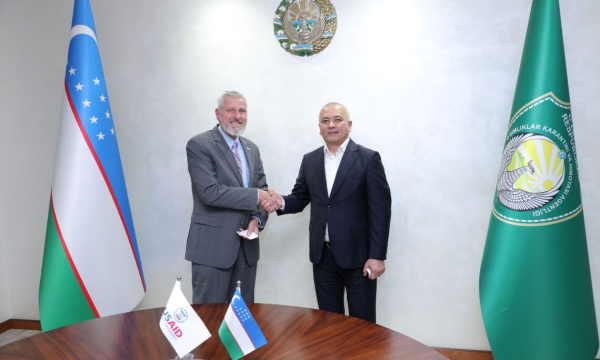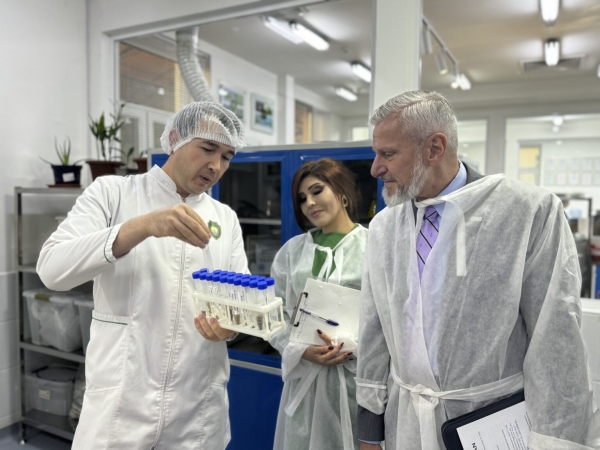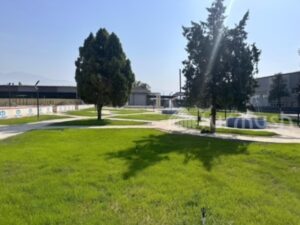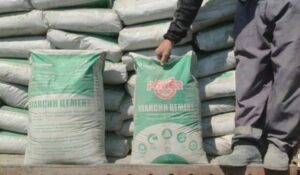The U.S. Agency for International Development (USAID) donated laboratory equipment valued at $205,000 to Uzbekistan’s Plant Protection and Quarantine Agency (PPQA) in a ceremony held in Tashkent. This donation is part of USAID’s ongoing efforts to enhance Uzbekistan’s agricultural health infrastructure.

The new equipment, which includes advanced technology for secure data management, enhanced network security, and improved information processing, will be utilized at the PPQA’s Central Phytosanitary Laboratory. The goal is to bolster the agency’s ability to analyze plant health, ensuring that Uzbekistan complies with international agricultural standards set by the International Plant Protection Convention (IPPC).
Edward Michalski, USAID Deputy Mission Director in Uzbekistan, spoke at the ceremony, highlighting the importance of the partnership:
“The U.S. Government, through USAID, is proud to be a trusted partner in advancing Uzbekistan’s economic development. A key part of our collaboration is supporting the enhancement of plant protection standards across the country,” said Michalski. “Today marks an important milestone in our partnership with the Uzbek Plant Protection and Quarantine Agency. Together, we are taking a crucial step toward modernizing Uzbekistan’s plant protection systems and raising the country’s agricultural standards to new heights.”

Uzbekistan’s recent accession to the IPPC highlights the country’s commitment to aligning its agricultural practices with international standards. The newly donated laboratory equipment will play a key role in securing laboratory accreditation under the IPPC, helping to minimize diagnostic errors and speed up plant health analysis. This advancement is vital for enhancing food safety, plant protection, and improving trade standards with global partners.
The digital upgrades offer numerous advantages, such as automated data collection, more precise results, and faster, more efficient information exchange.
The secure system will guarantee that only authorized personnel can access the data, facilitating prompt decision-making while preserving confidentiality. Additionally, automating processes will minimize human error, improve the accuracy of results, and boost the overall efficiency of Uzbekistan’s phytosanitary operations.




